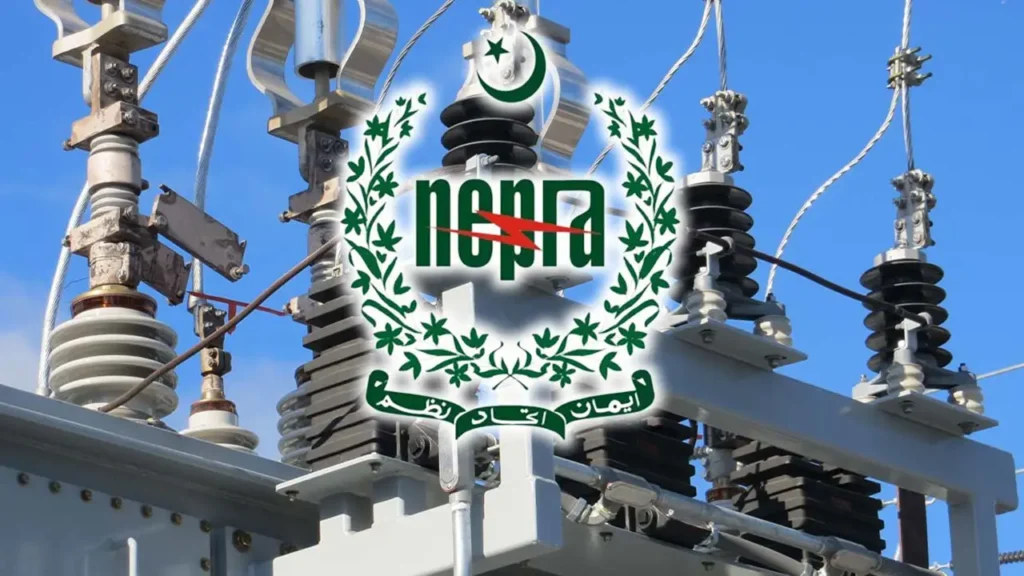- Web
- Feb 05, 2026
Govt seeks Nepra nod to revise power deals, save over Rs1.5 trillion
-

- Web Desk
- Apr 19, 2025

ISLAMABAD: The government has formally requested the National Electric Power Regulatory Authority (Nepra) to approve revised power purchase agreements with four major public sector power plants — a move expected to save around Rs1.58 trillion over the remaining life of these projects.
The proposed changes aim to shift from the existing ‘take or pay’ model, where payments are made regardless of electricity usage, to a more flexible ‘hybrid take and pay’ arrangement. This new model links payments to actual power drawn and includes a reduced return on equity, capped at a fixed exchange rate of Rs168 per dollar.
Nepra is set to hold a public hearing on April 24 to review the joint proposal submitted by the Central Power Purchasing Agency (CPPA) and the four federal government-owned power plants. These include the LNG-based Balloki and Haveli Bahadur Shah plants (1,220 MW each), Guddu Power Plant (747 MW), and Nandipur Power Project (510 MW), with combined expected savings of Rs1.6 trillion.
Additionally, formalities are underway to include two Punjab government-run plants — Bhikki and Trimmu — in the revised arrangement. This could push total public sector savings to Rs2.16 trillion.
The federal cabinet approved these changes on March 19, and settlement agreements were signed on April 8. Under the new structure, key cost components like operations and maintenance (O&M) will be indexed quarterly, with limits on annual inflation adjustments. Only 70 per cent of rupee depreciation will be reflected in foreign cost components, while any rupee appreciation will be fully passed on to consumers.
The return on equity will be fixed at 13 per cent with no further exchange rate adjustment beyond the October-December 2024 benchmark.
These changes are part of a broader effort to restructure deals with 29 power producers, potentially saving Rs3.5 trillion over the next three to 20 years.
Read next: SBP reserves fall to $10.57 billion; inflows expected before June




